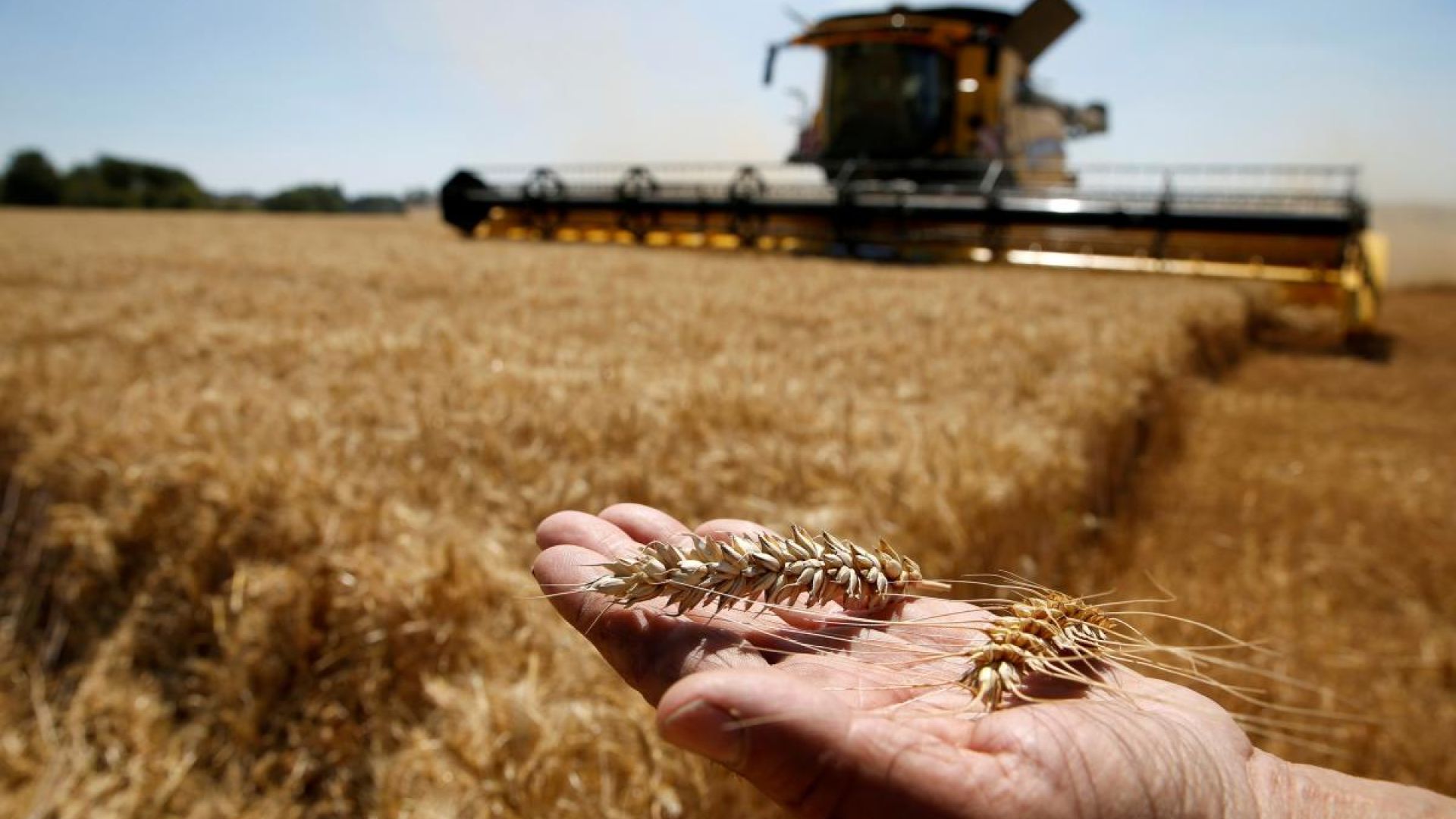Seed shortage threatens Russian grain farmers with bankruptcy

A surge in operation costs could drive many Russian grain farmers into bankruptcy in the current season, Arkady Zlochevsky, president of the Russian Grain Union has said during a press conference in Moscow. The key concerns are associated with seed prices, which have spiked as the government capped imports from Western countries.
The Russian government has imposed import quotas on seeds from countries deemed unfriendly at the end of January. Under the new rules, Russian farmers are allowed to import 33,100 tonnes of seeds through December 31, 2024. Import quota on corn seeds is set at 5,000 tonnes, barley at 600 tonnes, while quotas on wheat and soybean seeds at zero. In 2023, Russia imported 57,700 tonnes of seeds, a lion’s share of which was delivered from Western countries.
The existing quotas have been distributed among Russian grain farmers, though Zlochevsky described the division as “unfair.” He revealed that farmers with no experience dealing with government agencies failed to secure the necessary quotas to keep their operations running smoothly. As a result, large stocks of seeds have accumulated at the Russian customs warehouses, Zlochevsky said. The batches ordered before the government implemented the import quotas should be either returned to the sender or destroyed.
Import quotas triggered a price hike in the Russian market. Compared with the previous year, the average price of seeds nearly doubled, according to Zlochevsky. The cost of fuel and plant-protecting agents has recently subsided, but this only partly compensated for farmers’ losses due to the jump in seed prices.
Zlochevsky said that switching Russian production to domestic seeds in general is the right move. He, however, warned against using import restrictions as an impetus for the development of domestic seed production.